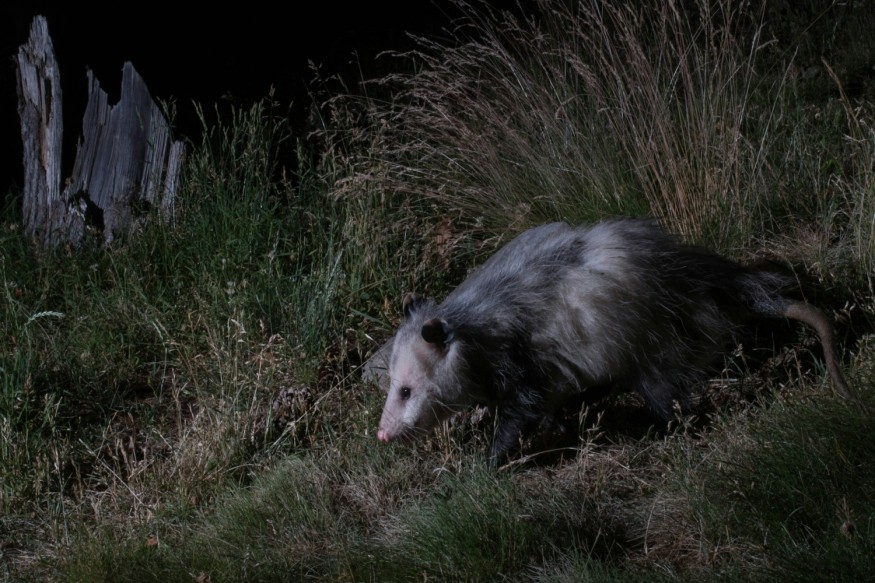Opossums are known for their resistance (not entirely immune) against rabies, a mammal-borne viral disease that can infect wild animals, pets, and even humans. Wildlife experts and scientists explain this is the case for the opossum since they have a relatively lower body temperature than the majority of other mammals. This makes their internal body to be an environment not conducive for the rabies virus to survive and thrive.
However, a recent event involved the rare death of an opossum from rabies, triggering an alert in urban areas of South America, according to a study led by researchers in Brazil. This came after the opossum was found dead in 2021 at a park in the central area of Campinas, a city in Sao Paulo, Brazil. The mammals share the same urban environment as fruit-eating bats, where they are frequently seen in cities and often attacked by dogs.
The case was reported as a research article announced by scientists from the Sao Paulo State Research Support Foundation, where they examined a dead female white-eared opossum in the Brazilian city's Bosque dos Jequitibás Park. Other researchers from the University of Sao Paulo and Adolfo Lutz Institute in Brazil made their findings as an alert to the presence of rabies in the urban environment, posing life-threatening risks to humans.
Opossum Death Sparks Virus Alert

In a news release on February 16, the Brazilian researchers announced the sounding of an alarm regarding the circulation of the rabies virus in urban environments. The virus alert comes following the rare opossum death from the disease, cited by the American Association for the Advancement of Science. This highlights the renewed threat of the said pathogen, which has already been eradicated from dogs across Sao Paulo.
Since dogs are common carriers of rabies, successful vaccination campaigns for domestic animals helped with removing dog rabies in the state. With this, it is essential to monitor other mammals, including opossums, which can act as vectors for the virus, according to Eduardo Ferreira Machado, first author of the research article. The threat is also applicable to other similar environments across South America.
Also Read: Wild Possum Discovered by Texas Woman Hiding in Christmas Tree After Hearing it 'Sneeze' [VIDEO]
Do Opossums Carry Diseases?
The study entitled 'Naturally Acquired Rabies in White-Eared Opossum, Brazil' was published in the journal Emerging Infectious Diseases and posted on the website of the Centers for Disease Control and Prevention (CDC). The findings of the research confirm previous notions that the opossum (Didelphis albiventris) is also vulnerable to rabies and potentially other mammal-borne pathogenic diseases.
Although they rarely carry rabies and despite their cute appearance, opossums are generally vectors for various diseases like, University of California Agriculture and Natural Resources:
- leptospirosis
- tuberculosis
- tularemia
- relapsing fever
- spotted fever
- coccidiosis
- toxoplasmosis
- trichomoniasis
- chagas disease
Wildlife experts say opossums carry diseases and can transmit them by biting and scratching their victims. With this, health authorities recommend seeking medical attention if they are wounded by animals that can potentially carry rabies and other diseases.
Related Article: Invasive Marsupial Opossums Being Hunted Down in Alaska
© 2025 NatureWorldNews.com All rights reserved. Do not reproduce without permission.





